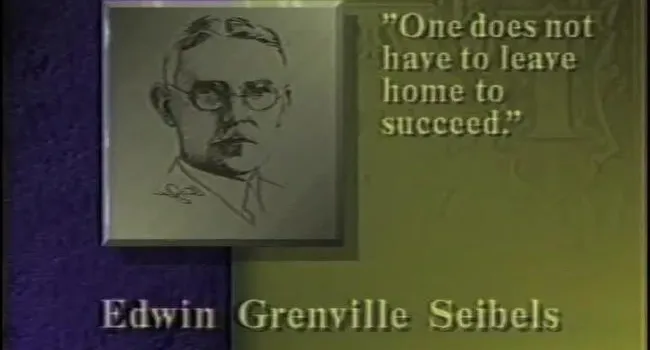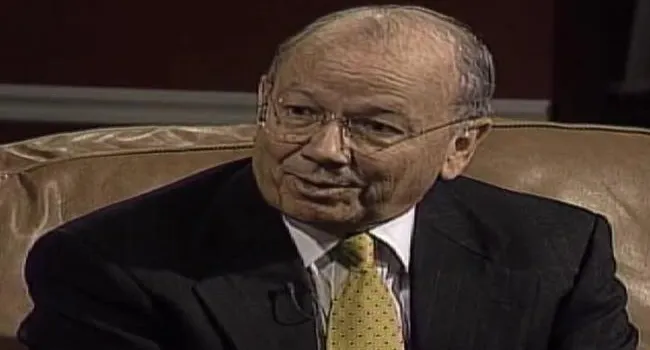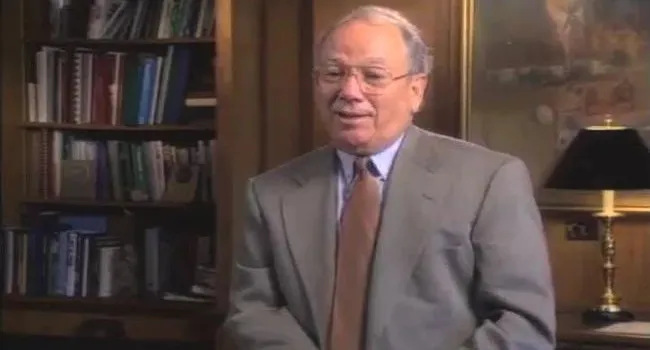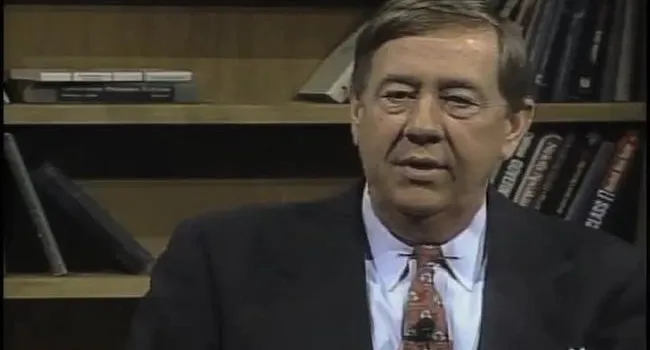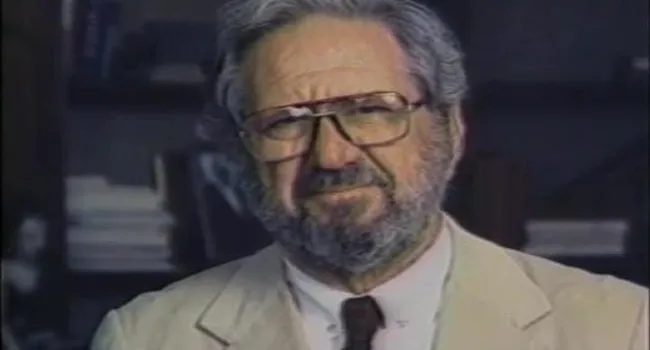I. S. Leevy
(1876–1968)
Isaac Samuel Leevy was born into poverty in the Antioch section of Kershaw County on May 3, 1876. But he grew up poor only in material possessions. He had dreams, and he had hope. As the patriarch of his own family, and as a source of inspiration for the many people who looked to him for guidance and leadership, he offered these words:
"What a man needs most is hope. He's got to have something to make him know that a better day is coming, that his dream can come true. And it doesn't have to be a large thing. Just a little bit of hope can keep a man alive."
Given the times in which I. S. Leevy lived and worked, probably no other South Carolina-born African-American achieved greater business success nor contributed more to a better life and opportunity for his people.
The son of Isaac S. and Laura Hunter Leevy, he attended the public schools in Antioch, Mather Academy in Camden, and Hampton Institute in Virginia. At Hampton Institute, he was a protégé of the Rev. Richard Carroll, a faculty member for whom Leevy named his second-born son.
Leevy taught for a year after graduating from Hampton Institute, and in 1907, the Rev. Mr. Carroll sponsored him in his decision to move to Columbia. Leevy immediately embarked on a business and political career that would span 61 years, help create jobs for hundreds of minority citizens, and establish the credibility and platform from which he would significantly improve educational opportunities and social services for members of his race.
On June 23, 1909, he married Mary E. Kirkland of Westville, also in Kershaw County. They were the parents of four children, Ruby Geneva Leevy Johnson, the late Isaac Kirkland Leevy, Dr. Carroll Moten Leevy, and the late Marian Naomi Leevy. Mary Leevy was wife, mother, and business partner.
I. S. Leevy's first business venture in Columbia was as tailor and merchant, an enterprise he operated from 1907 to 1917. From 1910 until 1930, he owned and managed a department store, and from 1930 to 1932, he operated a furniture store.
There followed a succession of businesses: a funeral home, a service station, an automobile repair garage, a barber shop, a beauty shop, a real estate development company, a dressmaking operation, a burial association, and even a commercial hog-raising enterprise.
Leevy Service Station was one of the first minority-owned stations in the area. Located at 1831 Taylor Street, in front of Leevy's Funeral Home, the service station offered modern rest room accommodations to African-American tourists.
Leevy's Funeral Home, Inc., established in 1932 and still operating today, brought him his greatest success and fame. He also established Lincoln Cemetery, named for one of Leevy's heroes, Abraham Lincoln.
Later, he was an organizer, vice president, president, and director of Victory Savings Bank in Columbia. He served as vice president of the National Negro Bankers Association of America and was a life member of the National Negro Business League, an organization founded by Booker T. Washington, a friend and fellow Hampton Institute alumnus
He organized several schools, notably Waverly Elementary School, Carver Elementary School, and what became Booker T. Washington High School
He was a member of the board of directors of the Southern Christian Leadership Conference and the interracial board of the Associated Charities of Richland County, later the Department of Social Services.
Leevy was also active in higher education, helping establish the graduate department at South Carolina State College, and he was a trustee of Claflin College. He received honorary degrees from South Carolina State College, Morris College, and Allen University. Benedict College bestowed on him its Award for Distinguished Service for helping his fellow man. He was named Man of the Year in 1967 by radio station WOIC.
A man of strong convictions and principles, he was a member of the Republican Party at a time when the Democratic Party ruled the South and relatively few blacks were even registered to vote. He founded and was president of the Lincoln Emancipation Club, Inc., which one year promoted a full Republican ticket for the South Carolina Legislature in 23 counties and a nominee for Congress from the 2nd Congressional District.
A staunch advocate of a two-party system in South Carolina and the nation, he, as a Republican, ran unsuccessfully three times as a candidate for Columbia City Council, twice as a candidate for the state Legislature, and four times—in 1916, 1918, 1946, and 1954—as a candidate for Congress.
He served as Richland County chairman of the Palmetto Voters Association and the South Carolina Republican Party and was vice chairman of the South Carolina Republican Party as well as its director of publicity. In 1956, Leevy was elected a delegate-at-large to the National Republican Convention in California. He counted among his friends Richard Nixon, the former vice president then running for governor of California.
I. S. and Mary Leevy were members of Wesley United Methodist Church, where he served as superintendent of the Sunday school, class leader, trustee, and steward.
I. S. Leevy died on December 9, 1968, at the age of 92. He is buried in Lincoln Cemetery.
Leevy was inducted into the South Carolina Business Hall of Fame in 1996.
© 1999 South Carolina Business Hall of Fame

